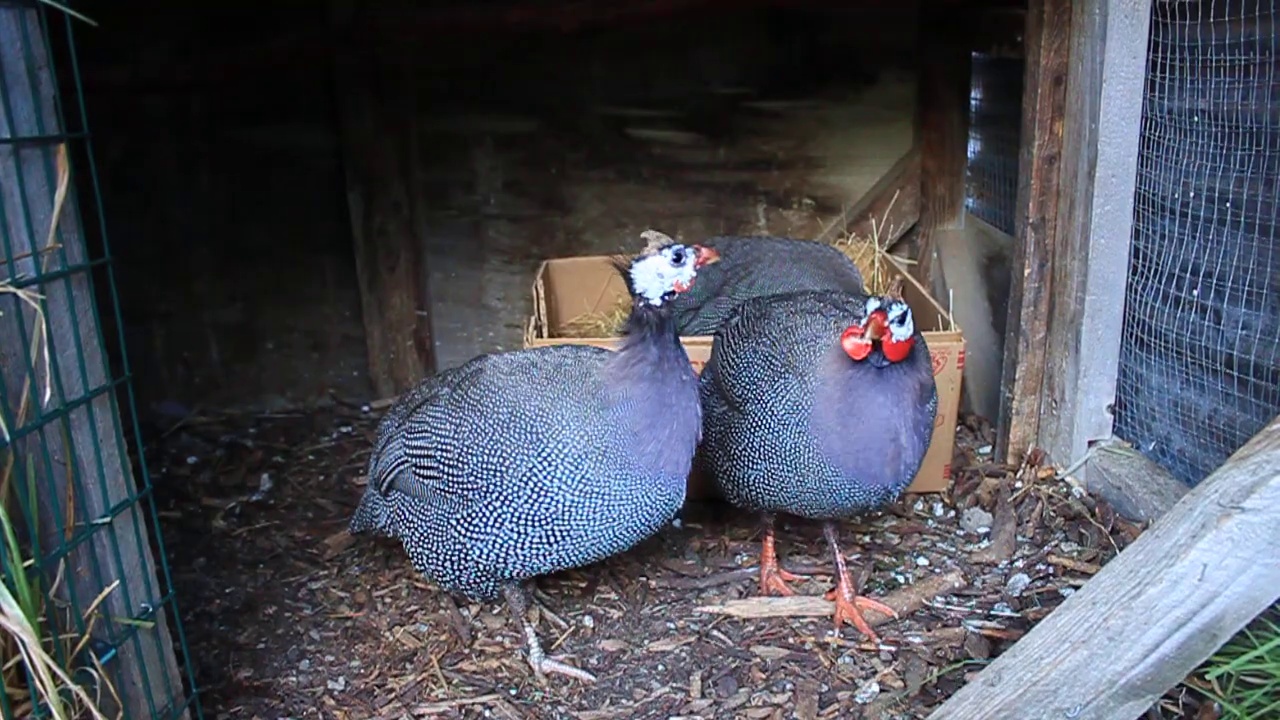Embarking on the journey of raising guinea fowl brings forth the mystery and charm of these unique birds. Among the many intriguing aspects of guinea fowl farming is the enigma surrounding their eggs. In this comprehensive guide, we will delve into the characteristics of guinea fowl eggs and provide invaluable insights into caring for these distinctive avian treasures.
Unveiling the Unique Characteristics of Guinea Fowl Eggs
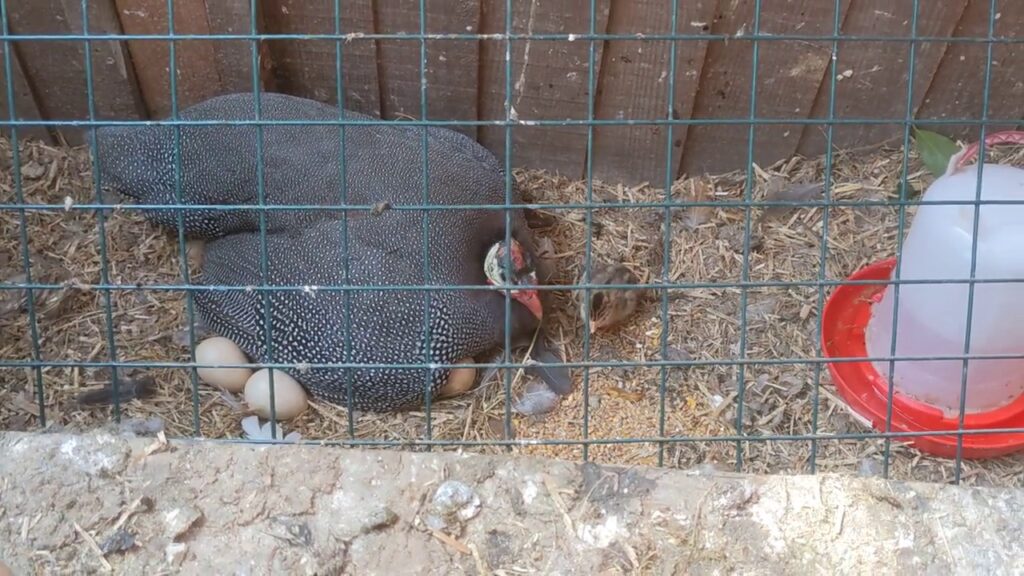
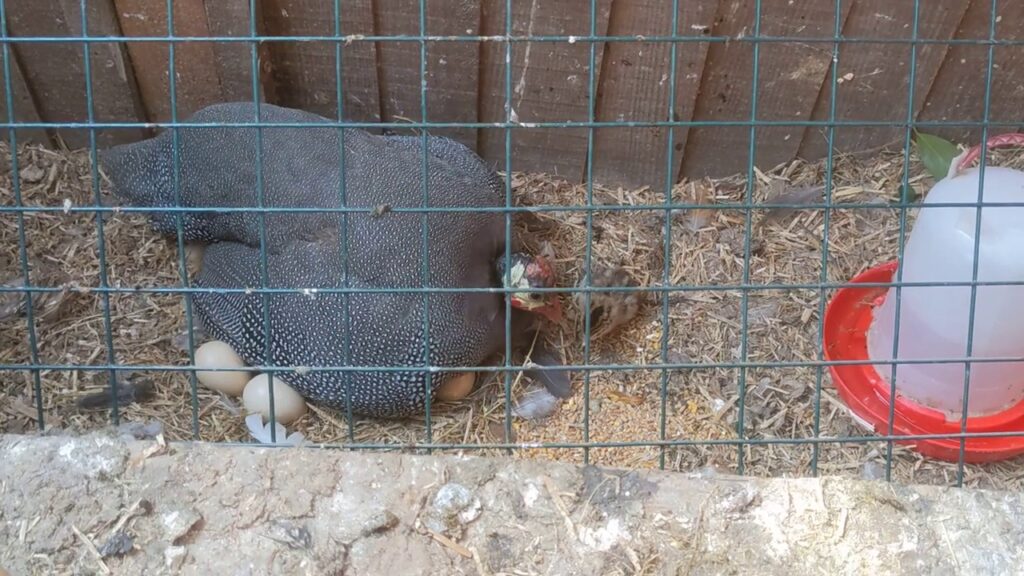
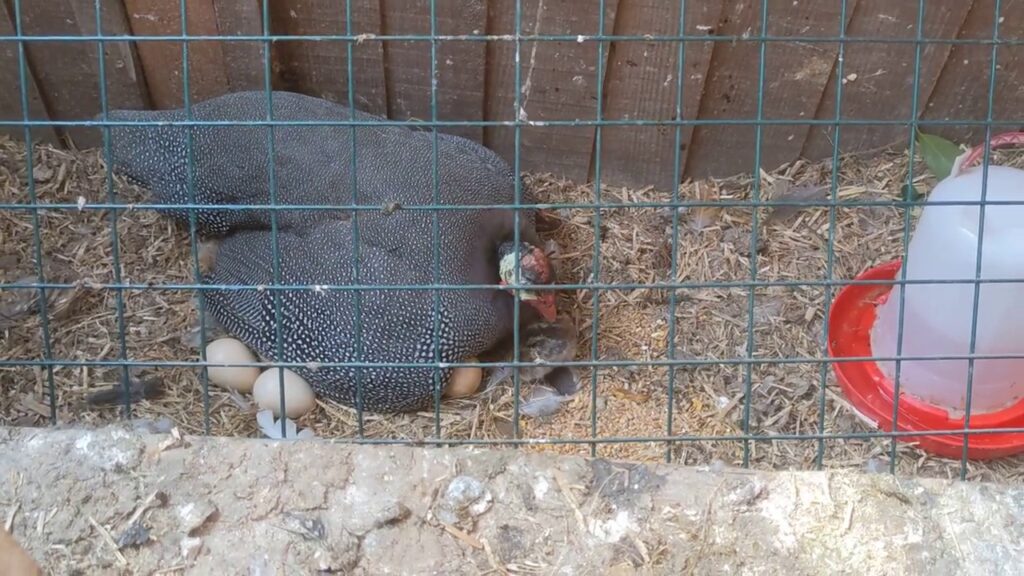
Size and Shape
Guinea fowl eggs boast a distinct size and shape compared to traditional chicken eggs. Typically smaller and more elongated, guinea fowl eggs showcase a charming uniqueness that sets them apart.
Shell Coloration
One of the defining features of guinea fowl eggs is their speckled and vibrant shell coloration. Ranging from pale creams to deep browns, these eggs are a visual delight that adds flair to your egg collection.
Flavor Profile
Guinea fowl eggs are celebrated for their rich and robust flavor. The yolks are known for their deep orange hue, contributing to a unique taste that many poultry enthusiasts find delightful.
Caring for Guinea Fowl Eggs: A Practical Guide
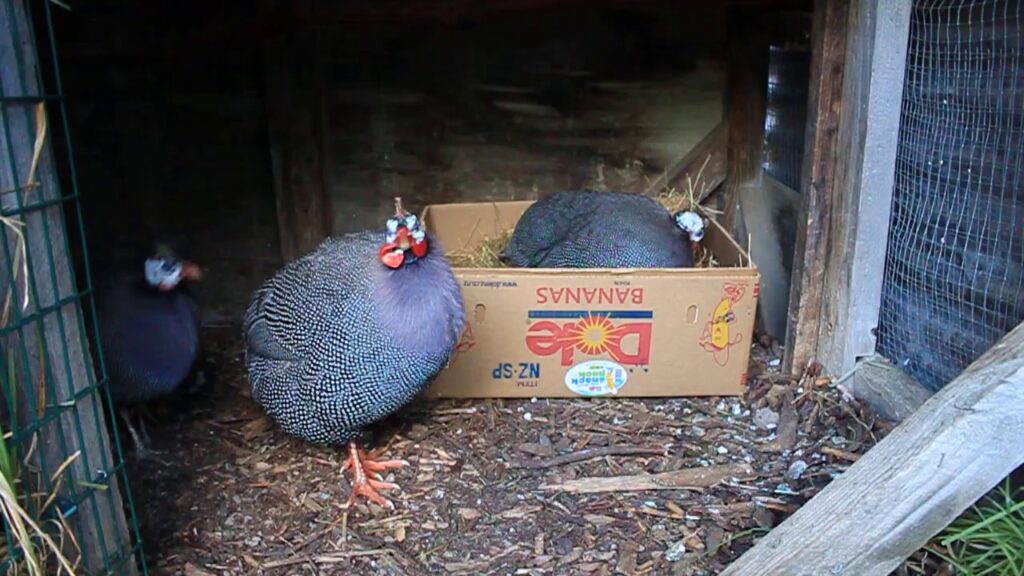
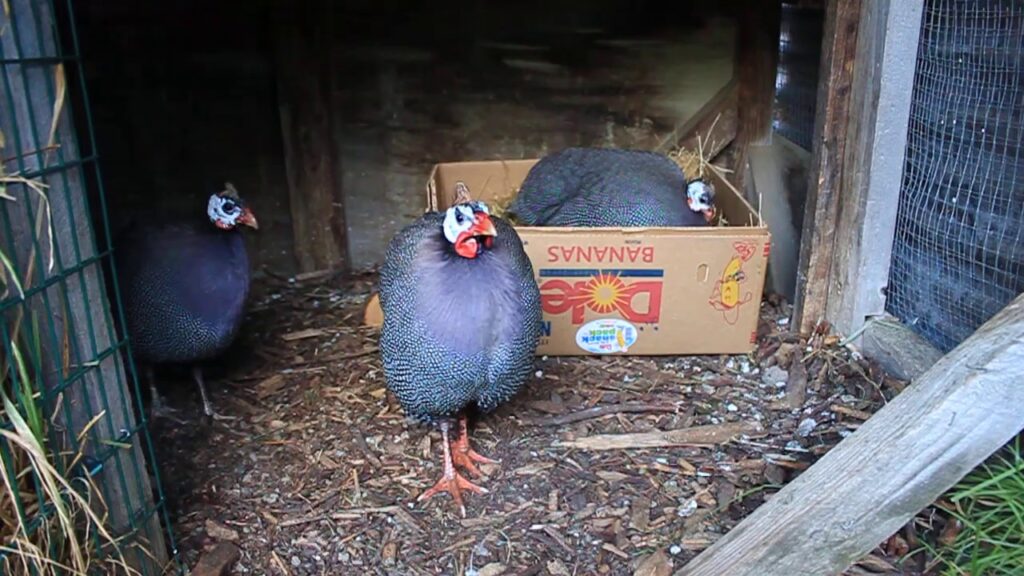
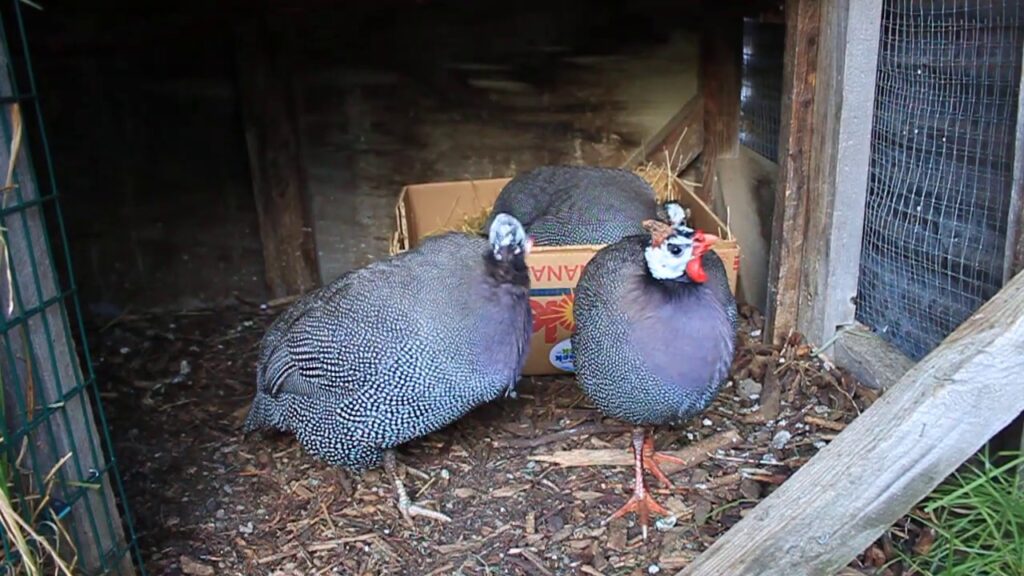
Providing Optimal Nesting Conditions
Create a conducive environment for your guinea fowl to lay eggs by offering secluded and comfortable nesting spaces. Providing privacy ensures a stress-free egg-laying experience.
Nutritional Support
Ensuring your guinea fowl receive a well-balanced and nutritious diet is crucial for the quality of their eggs. A diet rich in essential vitamins and minerals contributes to both the health of the bird and the nutritional content of the eggs.
Egg Collection Practices
Establish a routine for collecting guinea fowl eggs to maintain their freshness. Regular collection also prevents the eggs from accumulating dirt or debris, ensuring a clean and pristine product.
Top Tips for Optimal Guinea Fowl Egg Care
Constructing Guinea Fowl-Friendly Nests
- Provide cozy and secluded nesting boxes to encourage guinea fowl to lay eggs in designated areas.
- Use straw or hay as nesting material for added comfort and insulation.
Monitoring Egg-Laying Patterns
- Observe and document the egg-laying patterns of your guinea fowl to identify any irregularities or signs of stress.
- Address any disruptions promptly to maintain a consistent egg production routine.
Enhancing Dietary Variety
- Introduce a variety of foods to your guinea fowl’s diet, including insects, greens, and high-quality poultry feed, to promote optimal egg development.
Proper Storage Techniques
- Store guinea fowl eggs in a cool and dry environment to maintain their freshness.
- Rotate eggs regularly to ensure even aging and prevent spoilage.
The world of guinea fowl eggs is a realm of uniqueness and flavor waiting to be explored. By understanding the characteristics of these eggs and implementing thoughtful care practices, you can enhance the well-being of your guinea fowl and enjoy the delightful rewards they bring to your table.
Author Profile

- a passionate poultry enthusiast with a deep love for chickens, has cultivated his affinity for avian companions since a young age.
Latest entries
 ChickensSeptember 14, 2023The Mystique Unveiled: A Guide to Ayam Cemani Chicken Egg
ChickensSeptember 14, 2023The Mystique Unveiled: A Guide to Ayam Cemani Chicken Egg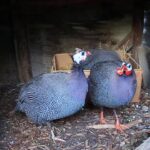 ChickensSeptember 11, 2023Understanding the Characteristics and Care of Guinea Fowl Eggs
ChickensSeptember 11, 2023Understanding the Characteristics and Care of Guinea Fowl Eggs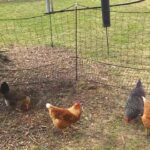 ChickensSeptember 3, 2023Fortify and Secure: A Guide to Fence in Chickens for Safe Flocks
ChickensSeptember 3, 2023Fortify and Secure: A Guide to Fence in Chickens for Safe Flocks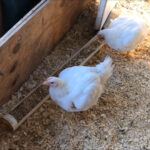 ChickensSeptember 1, 2023Discovering The Cornish Cross Chicken’s Secrets
ChickensSeptember 1, 2023Discovering The Cornish Cross Chicken’s Secrets
